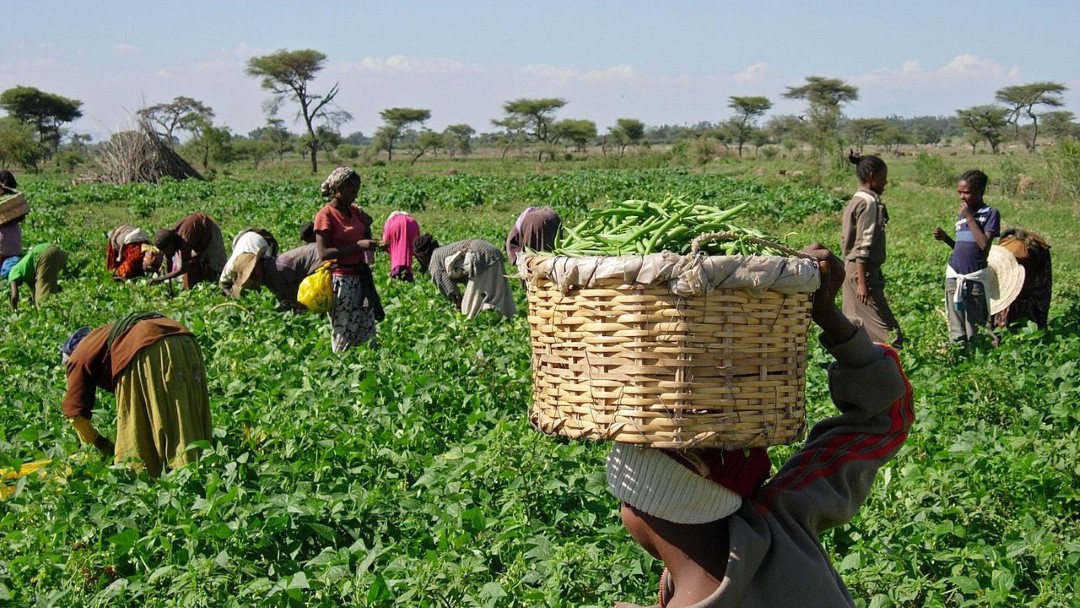Mastercard Foundation has issued a $20.4 million grant that will be distributed among 65,000 Nigerian farmers as part of a broader plan aimed at revitalizing the agriculture sector from the negative effects of the coronavirus pandemic.
The Foundation has teamed up with Alluvial Agriculture in an arrangement that will enable farmers access a farming collective, 200 tractors, climate advisories, digital payment systems and 330,000 kilograms of seeds.
Alluvial founder Dimieari Von Kemedi said of the parternship, “We are bringing farmers together in what we call community blocks so they can support each other… and to attract a large pool of finance so they can continue to expand,”
The United Nations Food and Agriculture Organization says that the average Nigerian farm has 1.8 hectares, even so, the project will group farmers into 500-hectare collectives to create sustainable economies of scale.
It also targets equipping farmers with knowhow on sustainability in the era of climate change.
Nigeria’s agricultural sector was once neglected by the government in the 1980s as the nation aimed at capitalizing on its oil wealth, and global prices for crude were high. A slump in oil prices in the late 1990s forced a rethink, but despite decades of government attention and millions of dollars in targeted Central Bank loans, Nigerian farms have low yields and less than 1% of arable land is irrigated.
Farmers also work by hand and lack access to fertilizers or high quality seeds. As such the West African country is hugely reliant on food imports and food inflation hit 17% in September due to the COVID-19 related disruptions.
Recent flooding and attacks by Islamist radical groups on farmers in the North West have compounded the sector’s woes.

